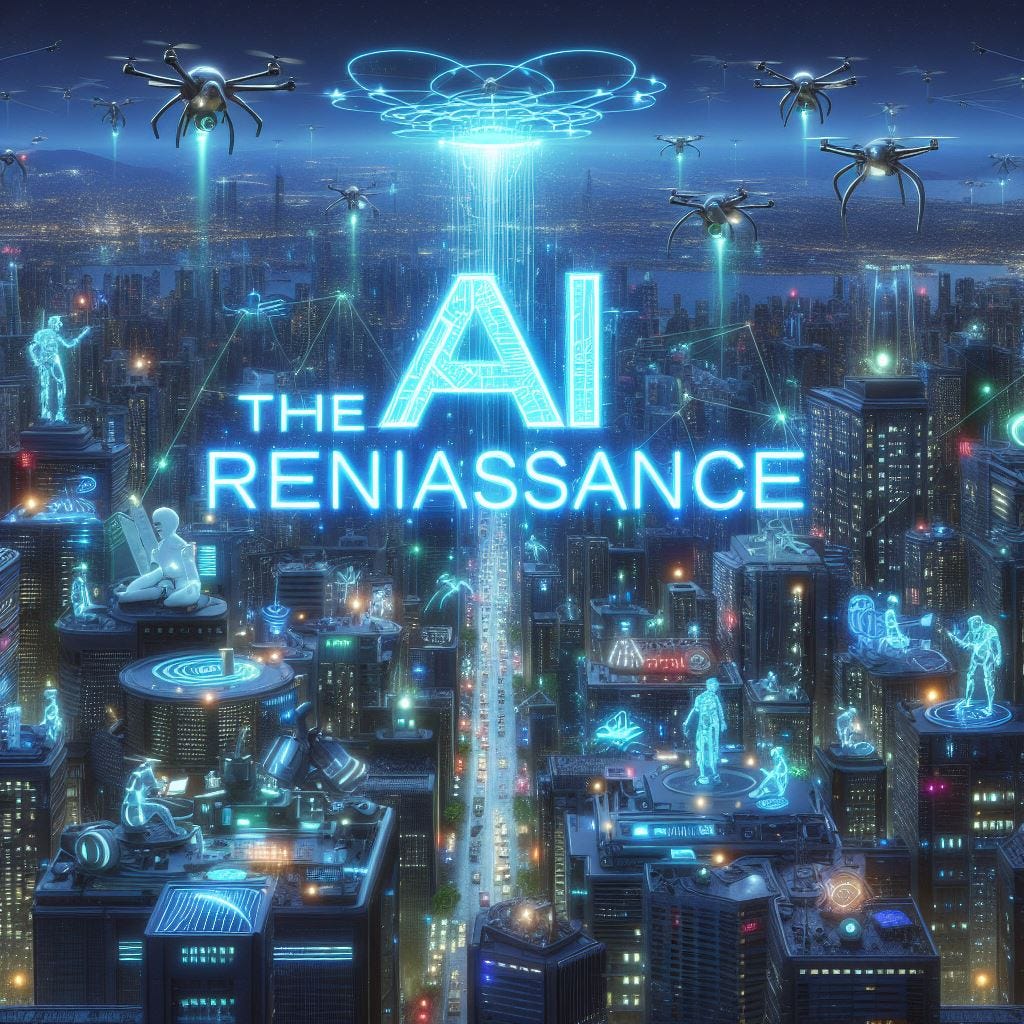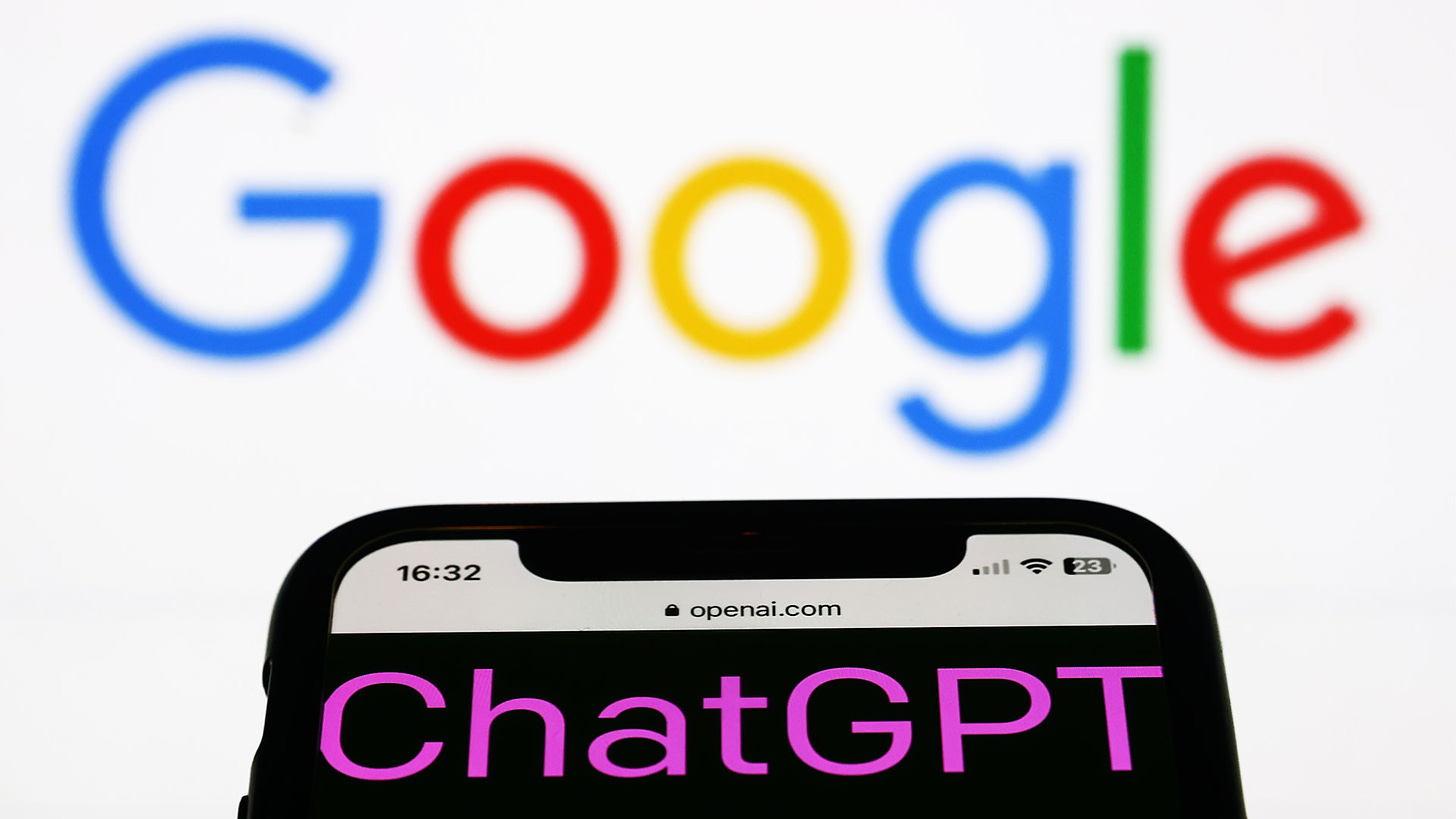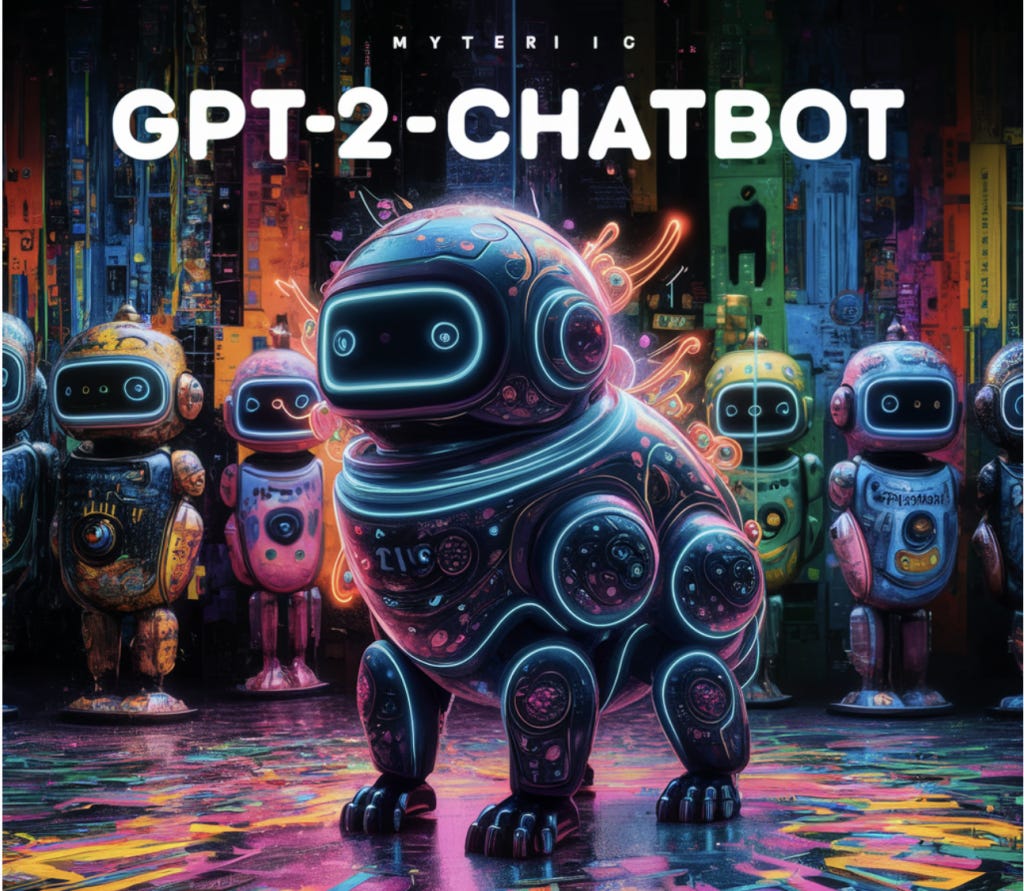AI Breakthroughs and Innovations: A Whirlwind of Developments
The AI Renaissance: Breakthroughs, Innovations and Ethical Challenges Shaping Our Future
The world of artificial intelligence (AI) has been moving at a breathtaking pace, and the past week has been a whirlwind of groundbreaking developments and exciting innovations. From the unveiling of AlphaFold 3, which promises to revolutionize drug discovery and our understanding of the human body, to the emergence of new AI models and partnerships that could reshape the tech landscape, the AI ecosystem is buzzing with activity.
AlphaFold 3: A Game-Changer for Drug Discovery and Beyond
Google's DeepMind has introduced AlphaFold 3, a model that can accurately predict the structure of proteins, DNA, RNA, and even how these molecules interact with each other. This breakthrough is monumental, as it could potentially lead to an explosion of new drug discoveries, new vaccines, and greater insights into the inner workings of the human body.
The implications of AlphaFold 3 are far-reaching, and Demis Hassabis, the CEO of DeepMind, predicts that we could see the first AI-designed drugs in clinical trials within the next couple of years. This remarkable achievement has even sparked discussions about potential Nobel Prize nominations for the creators of AlphaFold.
Microsoft's Bid for AI Supremacy: MAI-1 and a Diversified Strategy
While Google's DeepMind has been making waves, Microsoft is not resting on its laurels. The tech giant has revealed details about its new model, MAI-1, which is rumored to have an astounding 500 billion parameters. This marks the first time Microsoft has developed a large language model of this scale in-house, demonstrating its commitment to staying at the forefront of the AI race.
Microsoft's AI strategy appears to be a diversified one. While the company has long-standing partnerships with OpenAI and Meta, leveraging their technologies, the development of MAI-1 suggests that Microsoft is ensuring it has multiple avenues to achieve its AI ambitions. This move could be a hedge against potential changes in the relationships with OpenAI and Meta, ensuring that Microsoft remains a formidable player in the AI landscape.
OpenAI's Quest for Dominance: Partnerships, Search Engines, and Data Policies
OpenAI, the AI research company behind the revolutionary ChatGPT, has been making significant strides on multiple fronts. The company has partnered with Stack Overflow, a popular coding community website, to strengthen its large language models' coding capabilities. However, this partnership has raised concerns among Stack Overflow contributors, as some users have been deleting their answers due to concerns over OpenAI's access to their content.
Rumors have also been swirling about OpenAI's plans to launch its own search engine, potentially challenging the dominance of tech giants like Google. While details are still scarce, the prospect of an OpenAI-powered search engine has generated significant buzz in the tech industry.
Additionally, OpenAI has unveiled a new data policy aimed at respecting creators' and content owners' choices regarding the use of their works in AI training. The company plans to launch a "media manager" tool by 2025, allowing creators to manage how their works are used in AI models.
AI Models and Mysterious Chatbots: Pushing the Boundaries
The AI landscape is constantly evolving, and new models and chatbots are emerging, pushing the boundaries of what's possible. One such chatbot, dubbed "GPT2-chatbot," surfaced mysteriously on the Limbs.org chatbot arena, only to be yanked off the platform within 48 hours. However, the chatbot has since resurfaced, further fueling speculation about its origins and capabilities.
Meanwhile, Gradient AI has achieved a remarkable feat by developing a 4 million token context window for the open-source Llama 38B model. This context window, which is the largest of any openly available large language model, allows for an unprecedented amount of input and output, potentially revolutionizing the way we interact with AI systems.
AI and the Future of Media, Art, and Music
The impact of AI is not limited to the realms of science and technology; it is also reshaping the way we create and experience media, art, and music. Krea AI, for instance, has launched a video feature within its platform, enabling users to blend images and generate mesmerizing animations and video content.
Similarly, Sora, the highly anticipated AI video generation tool from OpenAI, has showcased its ability to change characters within a video while preserving the rest of the scene, hinting at the impressive capabilities that lie ahead.
In the audio realm, Udio has introduced an audio inpainting feature, allowing users to select and modify specific portions of a song while preserving the rest. Meanwhile, ElevenLabs, known for its AI-powered voice cloning and audio translation tools, has ventured into AI music generation, showcasing its ability to create entire songs from a single text prompt.
Robotics and AI: Bridging the Virtual and Physical Worlds
AI is not just confined to digital realms; it is also making significant strides in the field of robotics. Researchers from the University of Pennsylvania, NVIDIA, and the University of Texas Austin have unveiled DrEureka, a system that allows robots to learn tasks in a virtual environment and then transfer that knowledge to the physical world.
Videos have emerged showcasing robots trained in digital twins, performing incredible feats like balancing on exercise balls and maintaining their equilibrium despite external disturbances. These developments highlight the potential of AI to revolutionize robotics and bridge the gap between virtual and physical environments.
Moreover, glimpses of advanced robotics factories in China have surfaced, showcasing robots that are nearly indistinguishable from humans, evoking comparisons to the science fiction world of "Westworld." While the authenticity of these videos remains uncertain, they offer a tantalizing glimpse into a future where robots seamlessly integrate into our world.
AI's Unexpected Contributions: Deciphering the Sperm Whale Alphabet
In a fascinating development, machine learning has aided in the discovery of the sperm whale alphabet. By analyzing and identifying patterns in the various noises made by these magnificent creatures, researchers have been able to map out a communication system that could potentially lead to unprecedented insights into the lives of these elusive marine mammals.
This unexpected contribution highlights the versatility and far-reaching potential of AI, transcending traditional boundaries and opening up new avenues for exploration and discovery.
The Future Beckons: Navigating the AI Revolution
As we navigate the rapidly evolving AI landscape, it is clear that we are witnessing a revolution that will profoundly impact nearly every aspect of our lives. From groundbreaking advancements in drug discovery and healthcare to the democratization of creative expression through AI-powered tools, the possibilities are both exhilarating and daunting.
However, with these developments come challenges and ethical considerations that must be addressed. Issues surrounding data privacy, intellectual property rights, and the responsible development and deployment of AI systems will undoubtedly shape the discourse and influence the trajectory of this technological revolution.
As we stand on the precipice of an AI-driven future, it is crucial that we approach these developments with a balanced perspective, embracing the potential while remaining vigilant to the challenges and risks. By fostering collaboration, ethical governance, and a commitment to responsible innovation, we can harness the power of AI to create a better world for all.







